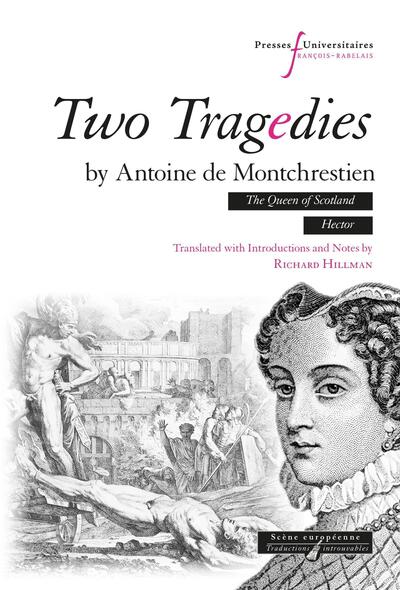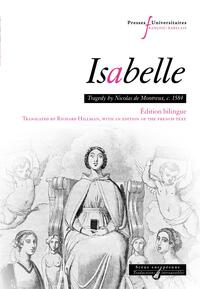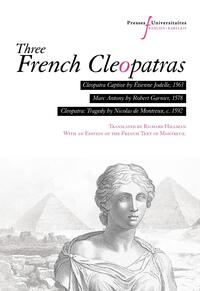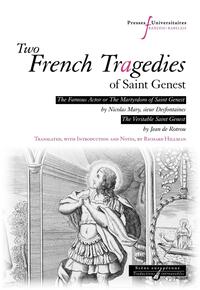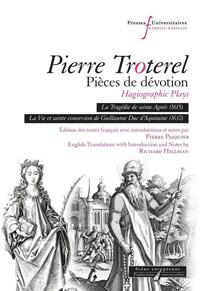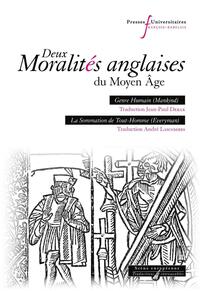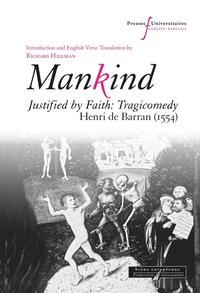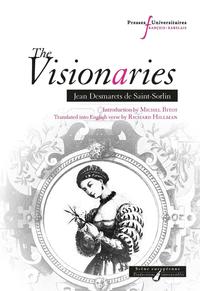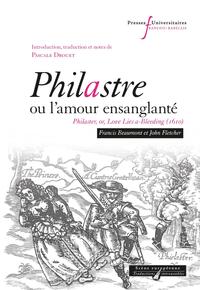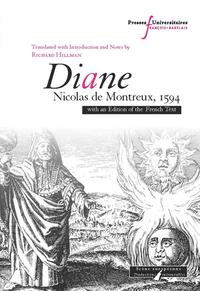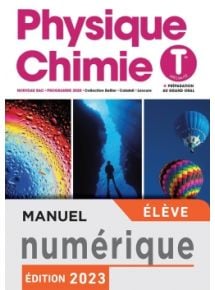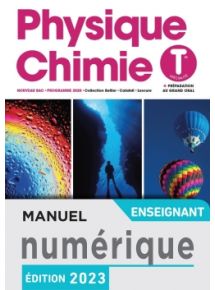Nous utilisons des cookies pour améliorer votre expérience. Pour nous conformer à la nouvelle directive sur la vie privée, nous devons demander votre consentement à l’utilisation de ces cookies. En savoir plus.
Two tragedies by Antoine de Montchrestien
Rabelais - EAN : 9782869068056
Édition papier
EAN : 9782869068056
Paru le : 20 janv. 2022
28,00 €
26,54 €
Disponible
Pour connaître votre prix et commander, identifiez-vous
Notre engagement qualité
-
 Livraison gratuite
Livraison gratuite
en France sans minimum
de commande -
 Manquants maintenus
Manquants maintenus
en commande
automatiquement -
 Un interlocuteur
Un interlocuteur
unique pour toutes
vos commandes -
 Toutes les licences
Toutes les licences
numériques du marché
au tarif éditeur -
 Assistance téléphonique
Assistance téléphonique
personalisée sur le
numérique -
 Service client
Service client
Du Lundi au vendredi
de 9h à 18h
- EAN13 : 9782869068056
- Réf. éditeur : 187637
- Collection : SCENE EUROPEENN
- Editeur : Rabelais
- Date Parution : 20 janv. 2022
- Disponibilite : Disponible
- Barème de remise : NS
- Nombre de pages : 250
- Format : H:210 mm L:145 mm E:15 mm
- Poids : 350gr
-
Résumé :
Mysteries remain about the tumultuous life of Antoine de Montchrestien (1575-1621), a Norman of modest birth who acquired important political connections and substantial fifinancial interests, yet met with a violent death. Though his literary career was brief (1596-1604), his six tragedies have attracted critical praise in French and English, especially for The Queen of Scotland and Hector. Apart from powerful poetic and dramatic effects, his work stands out for effecting a technical transition between “Humanist” theatre, associated especially with Robert Garnier, and the more rigorous classicism of the later 17th century.This contribution constitutes a considerable claim to innovation. Richard Hillman’s Introduction to The Queen of Scotland, with which the author hoped to gain favour with Mary Stuart’s son, James I of England (James VI of Scotland), situates the play in the context of its complex and highly charged political contexts, as mediated by discourses dealing with Mary’s execution (1587). The contexts brought to bear on Hector in the second Introduction are more strictly literary, although they have ethical and philosophical implications. They also serve as background to the proposition that, if not actually composed in the wake of Montchrestien’s Trojan tragedy, Shakespeare’s Troilus and Cressida gains depth from a reading in its light.
- Biographie : Richard Hillman (Centre d' études Supérieures de la Renaissance, Université de ToursCNRS), has produced numerous translations, as well as essays and monographs, testifying to his interest in links between early modern England and France, especially with respect to theatre.div>

